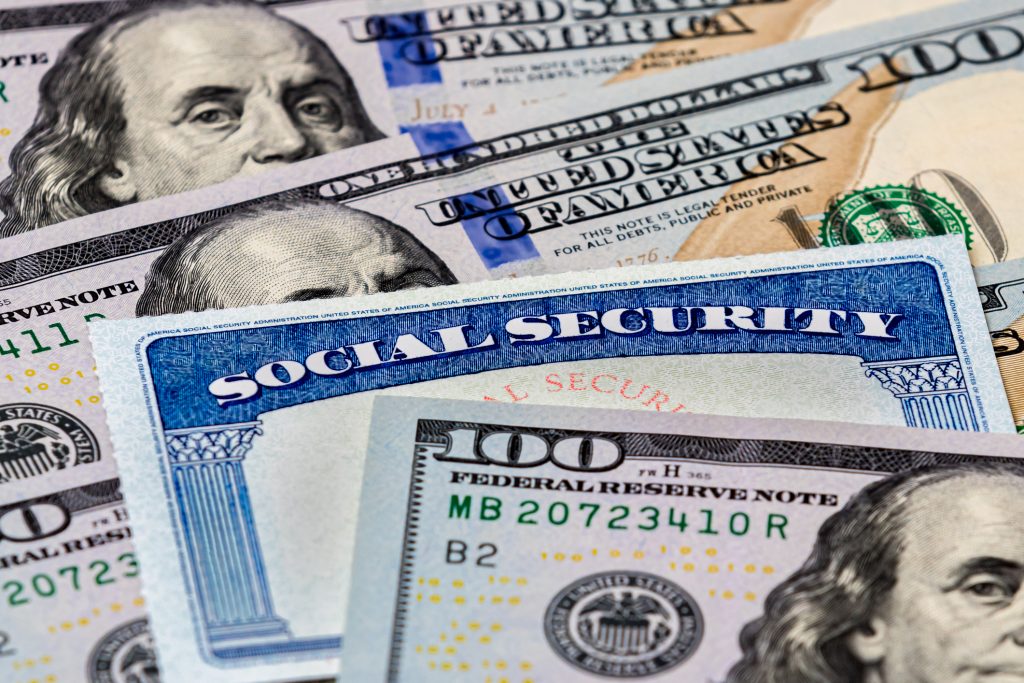
Image source: The Motley Fool/Unsplash
Costco is different from other stores in that you can’t just walk in on a whim to do some shopping. Rather, you have to show proof of a paid membership.
A Gold Star Costco membership costs $65 a year, while an Executive membership costs $130. With the Executive membership, though, you get 2% cash back on your Costco purchases. If you spend enough at the store (at least $3,250 a year), it makes sense to pay for the upgrade.
Now, you should know that there are ways to make purchases at Costco without having to worry about a membership fee at all. But here’s why I wouldn’t try to avoid paying.
When it makes sense to pay for a Costco membership
You have a few options for shopping at Costco without a membership. But each one has at least one flaw.
First, anyone can shop on Costco.com. But non-members are charged 5% extra on their orders, which can add up over time. Also, certain online items are designated as member-only, so you can’t buy them if you don’t have a membership ID number to enter when you go to check out.
Next, you can visit Costco in person as a paying member’s guest. But then you’re tied to their schedule.
You can also shop at Costco on your own as a non-member if you have an existing member buy you a Shop Card — Costco’s version of a gift card. But again, you’re reliant on someone else to make that purchase. And do you really want to deal with having your friend who’s a member buy you a Shop Card every week and figuring out how to reimburse them?
Why it makes sense for me to pay up
Technically, I could get away with not having a Costco membership. My neighbors, who I’m friendly with, have a membership and go all the time, so I’m sure I could easily hop in their car when I want to. But it makes sense for me to buy a membership because it actually ends up putting the most cash back in my pocket.
I typically spend $150 a week at Costco, and I shop at the store most weeks during the year. So if we assume 50 weeks of shopping, I’m spending $7,500.
As an Executive member, I get 2% back on $7,500, or $150. When you subtract the cost of an Executive membership, which is $130, I still get to pocket $20. And if you shop at Costco often enough or spend enough, you may end up in the same boat where your Executive membership is not only fully paid for thanks to your cash back, but you’re also ahead a bit of money.
Another thing I do to maximize my Executive membership at Costco is pair it with the right credit card. So all told, I commonly get at least 4% back on my purchases. Click here for a list of the best credit cards for Costco so you can do the same.
So it’s possible to get out of paying Costco’s annual membership fee. But if you run the numbers, you may find that it makes the most sense to pay up.
You should also know that Costco uses its membership fee revenue to offset its costs, allowing for the low prices and affordable services it’s known for. So by paying for Costco access, you’re helping to improve the store’s offerings, which is something you can feel good about.
Top credit card to use at Costco (and everywhere else!)
We love versatile credit cards that offer huge rewards everywhere, including Costco! This card is a standout among America’s favorite credit cards because it offers perhaps the easiest $200 cash bonus you could ever earn and an unlimited 2% cash rewards on purchases, even when you shop at Costco.
Add on the competitive 0% interest period and it’s no wonder we awarded this card Best No Annual Fee Credit Card.
Click here to read our full review for free and apply before the $200 welcome bonus offer ends!
We’re firm believers in the Golden Rule, which is why editorial opinions are ours alone and have not been previously reviewed, approved, or endorsed by included advertisers.
Motley Fool Money does not cover all offers on the market. Editorial content from Motley Fool Money is separate from The Motley Fool editorial content and is created by a different analyst team.Maurie Backman has no position in any of the stocks mentioned. The Motley Fool has positions in and recommends Costco Wholesale. The Motley Fool has a disclosure policy.
 benzinga.com
benzinga.com fool.com
fool.com



